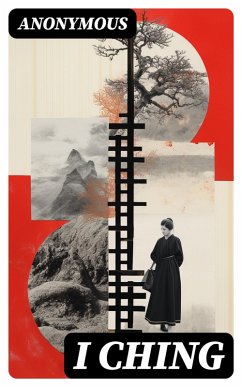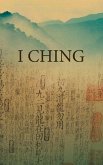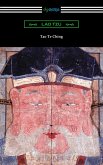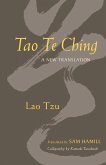The "I Ching," also known as the Book of Changes, is an ancient Chinese text that serves as both a divination manual and a philosophical treatise. Composed in a unique combination of poetic verses and commentary, the book is structured around 64 hexagrams, each composed of broken and unbroken lines, symbolizing various states of change and duality. Rich in symbolism and metaphor, the "I Ching" draws deeply from the principles of yin and yang and offers profound insights into the cyclical nature of life and human experience. Its literary style, characterized by brevity and evocative imagery, invites reflection and meditation, making it a cornerstone of Chinese literature and philosophy within the Confucian and Daoist traditions. The authorship of the "I Ching" remains anonymous, reflecting the collective wisdom of many generations rather than the vision of a single author. Believed to have originated over 3,000 years ago, its influence spans centuries, guiding emperors, philosophers, and mystics alike. Its integration of cosmology, ethics, and practical wisdom reveals a multi-layered understanding of existence that has inspired scholars and practitioners throughout history, pointing to the author's deep connection with the cultural and spiritual landscape of ancient China. This timeless classic is highly recommended for both spiritual seekers and enthusiasts of Eastern philosophy. Engaging deeply with its text not only enhances personal introspection but also cultivates a broader understanding of the intricate tapestry of human experience and the universal patterns found within it. The "I Ching" remains an essential read for those exploring the interplay of change and stability in their lives.
Dieser Download kann aus rechtlichen Gründen nur mit Rechnungsadresse in A, B, BG, CY, CZ, D, DK, EW, E, FIN, F, GR, H, IRL, I, LT, L, LR, M, NL, PL, P, R, S, SLO, SK ausgeliefert werden.
Hinweis: Dieser Artikel kann nur an eine deutsche Lieferadresse ausgeliefert werden.









